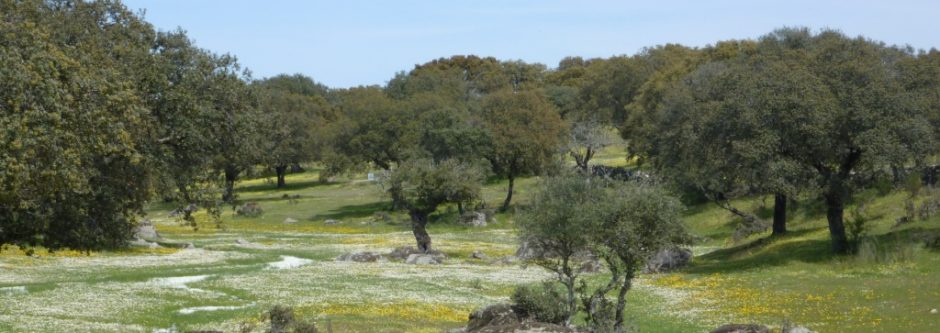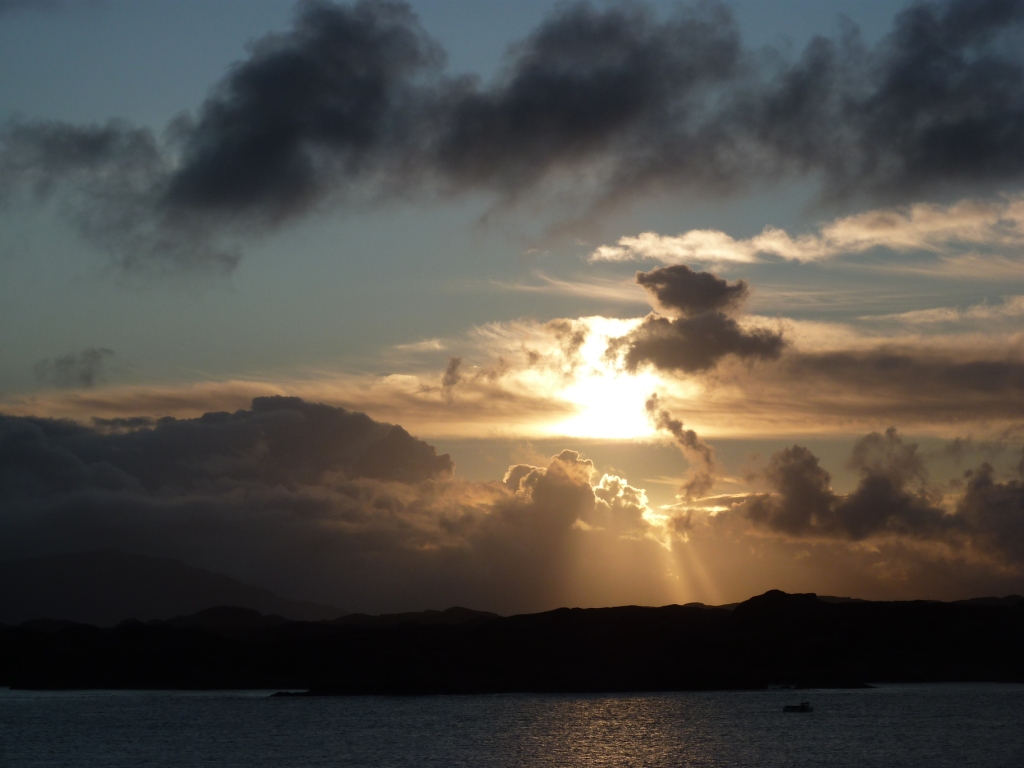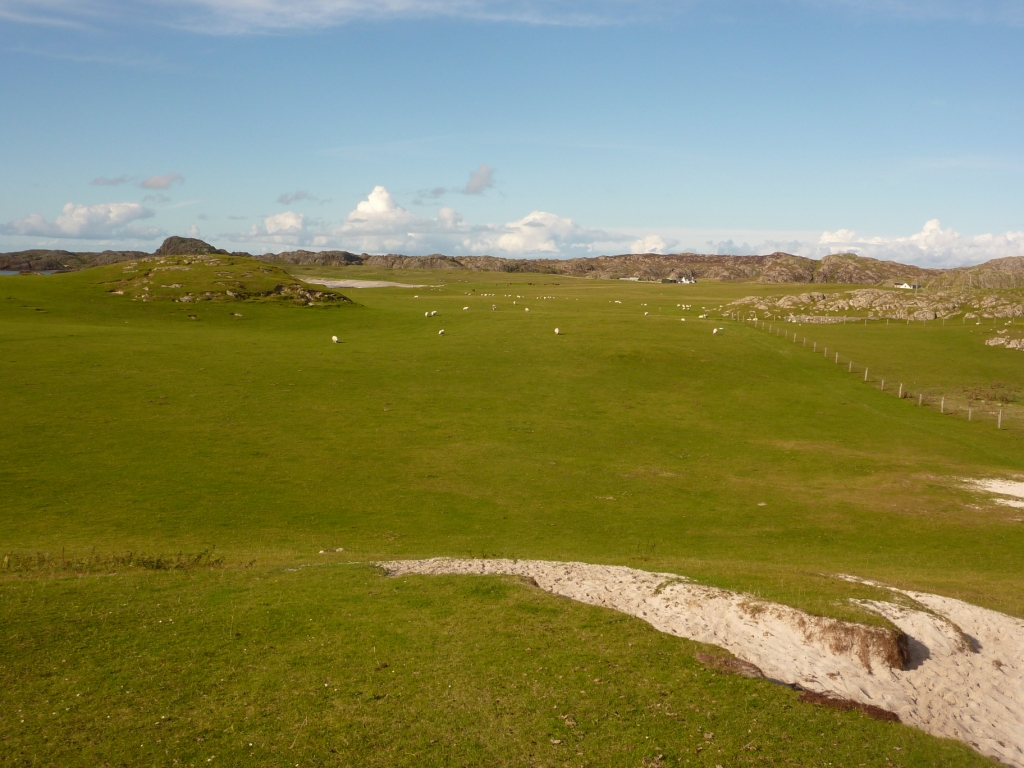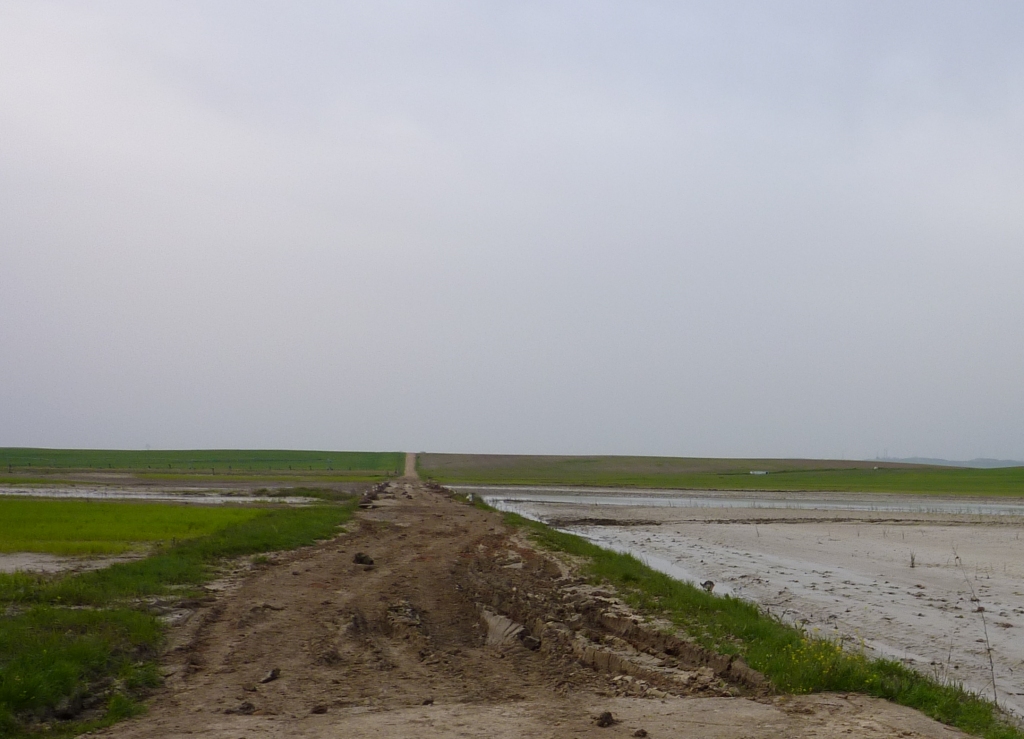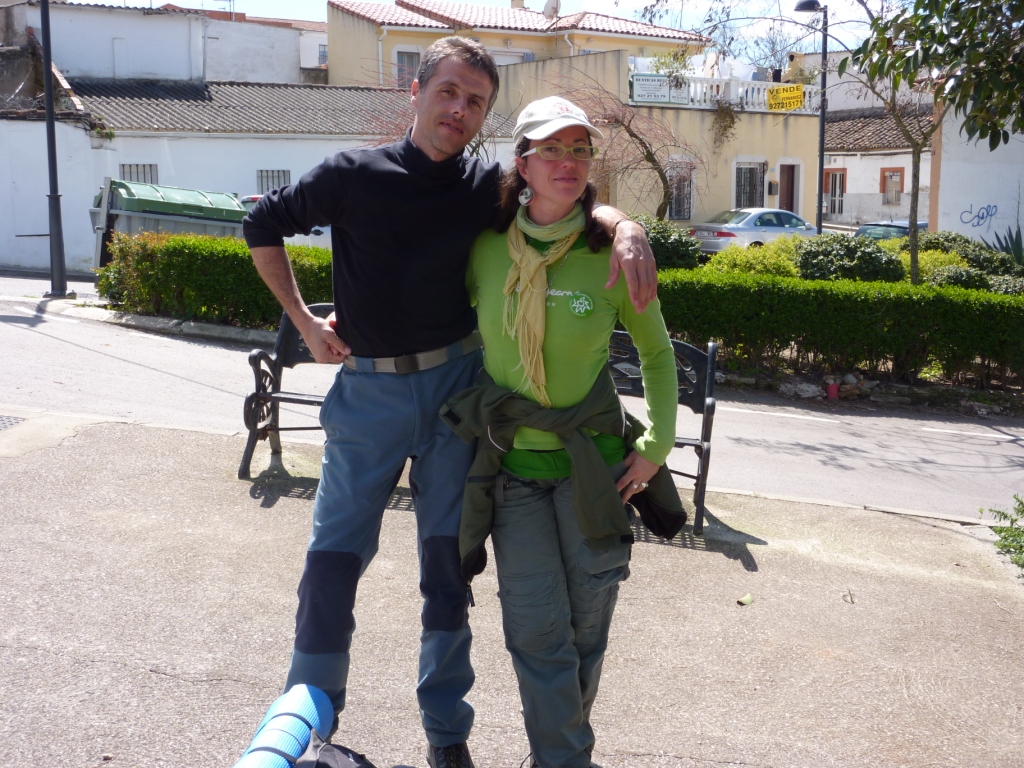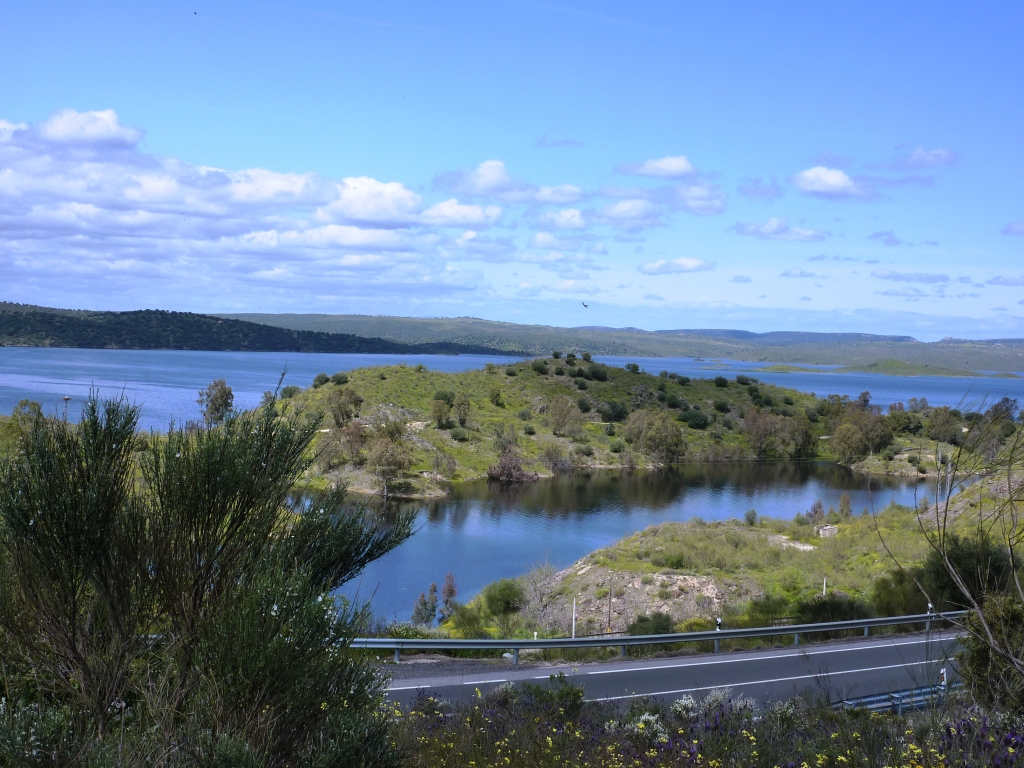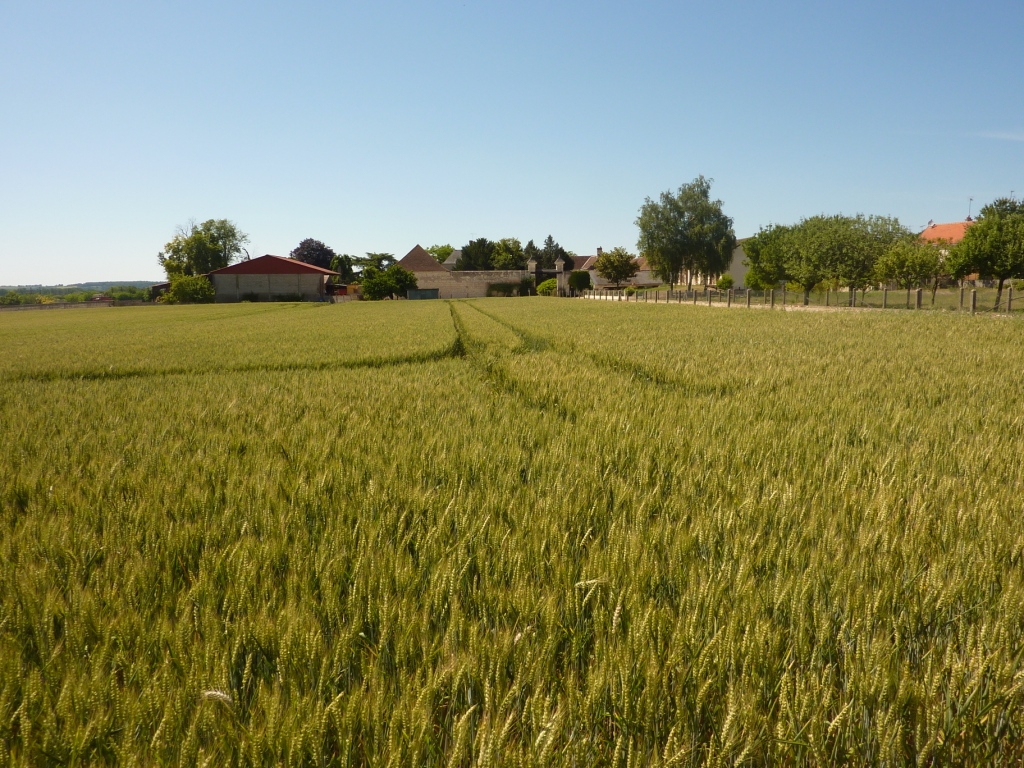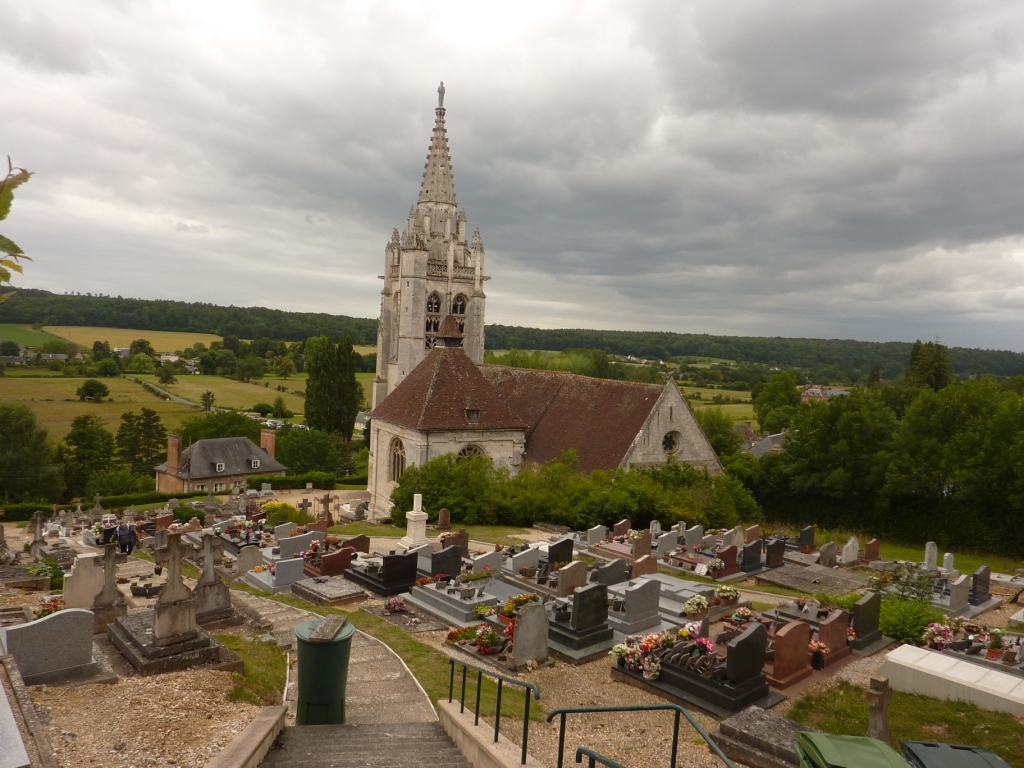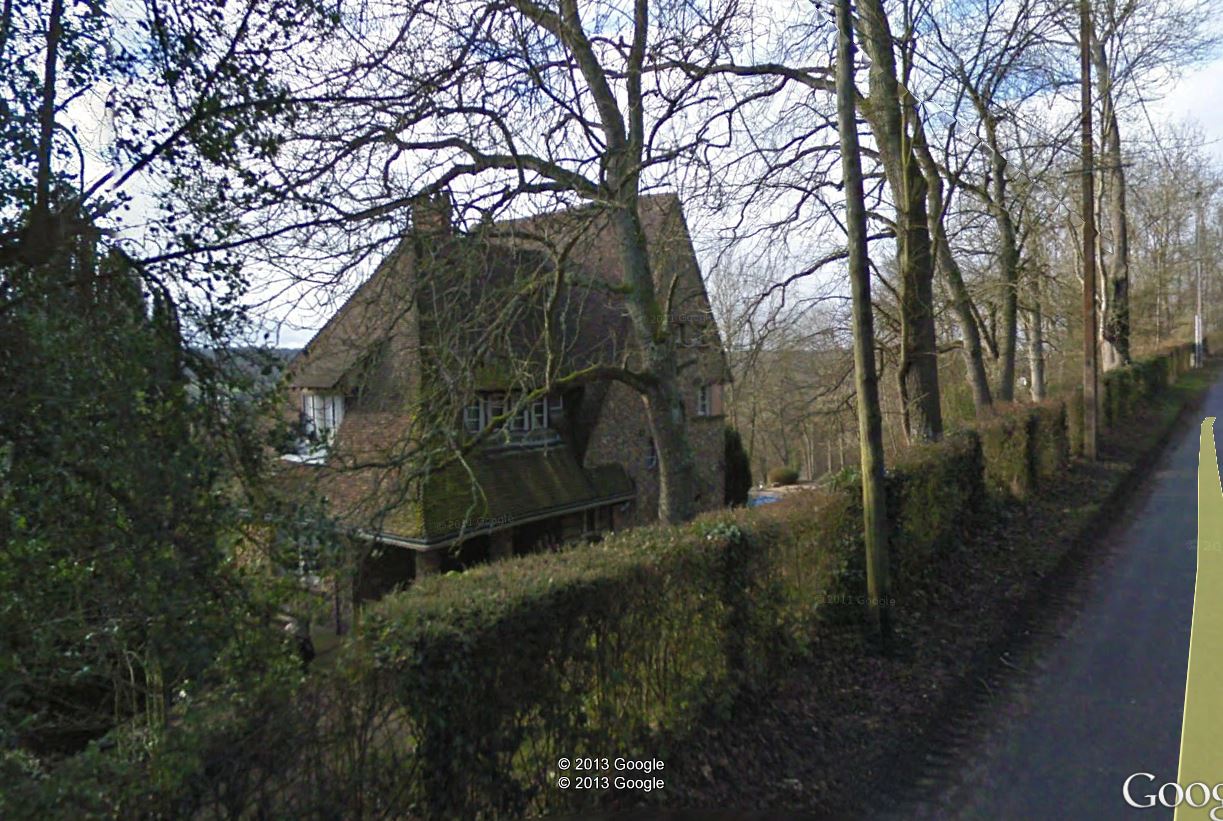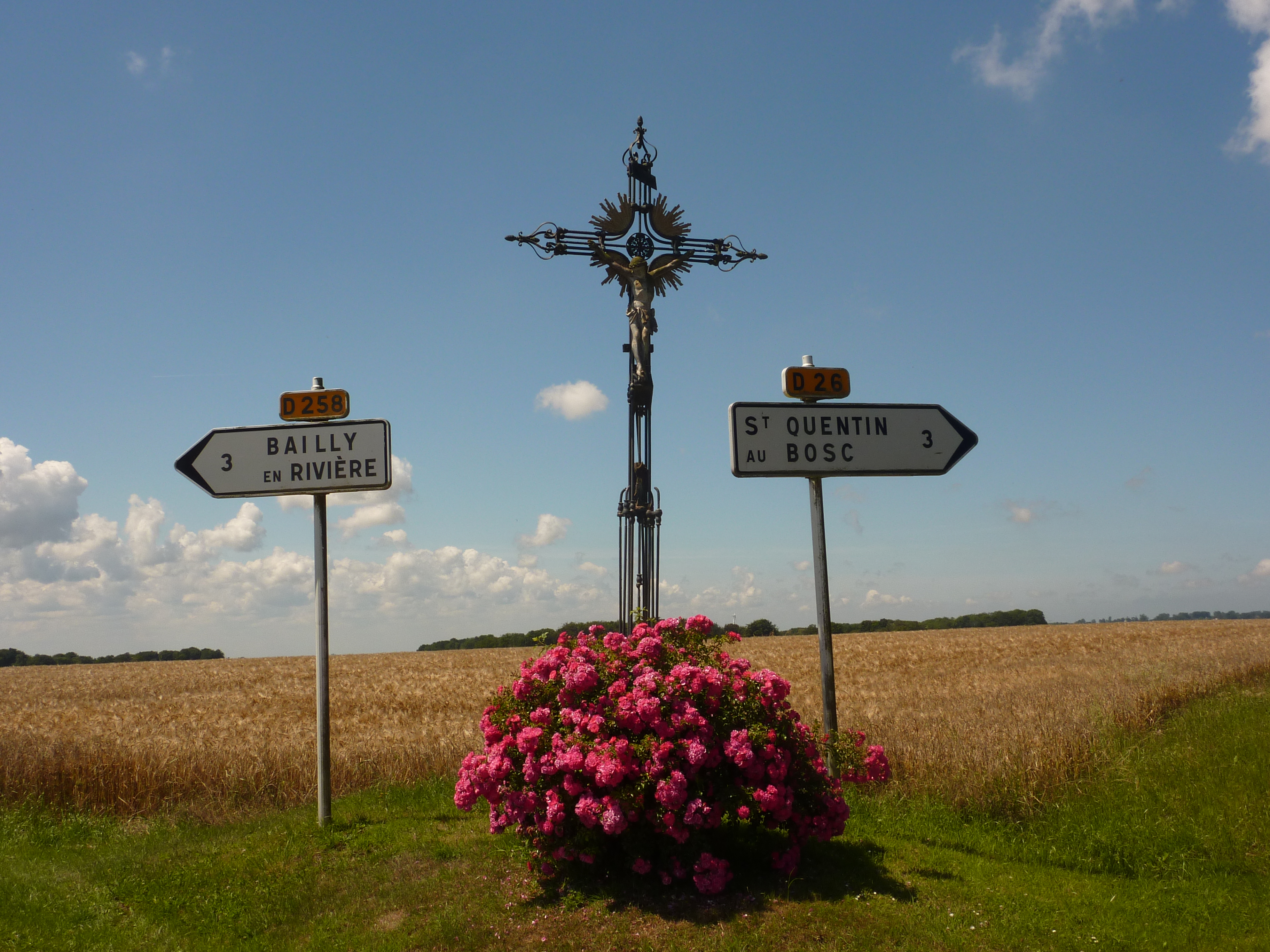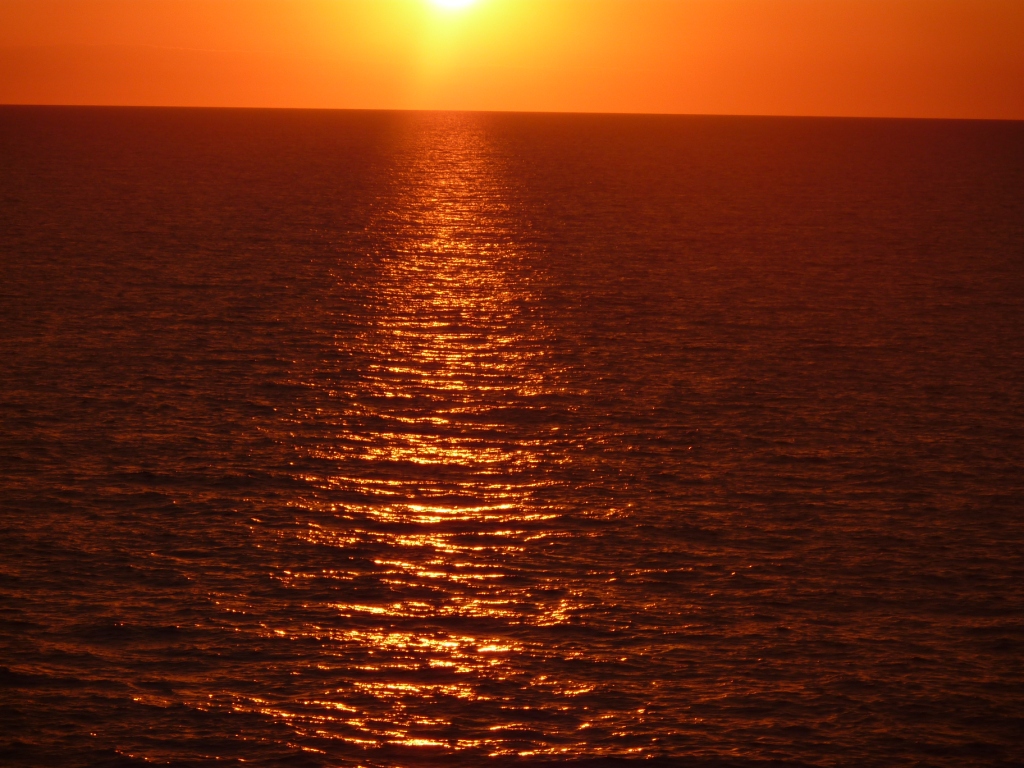Wanting to help others. Picking up and falling down.
The Iona Pilgrimage
Every Tuesday on the little Scottish island of Iona a group of visitors set off on a pilgrimage around the island. This year on my visit to Iona a woman in front of me slipped as we were crossing the golf course. (Original Scottish golf courses are ecological, the greens kept trim by sheep and the bunkers are natural sand pits. The grass is watered by rain and golfers walk carrying their own clubs.)
The woman was in agony and many wanted to help. The pilgrimage leaders called the doctor who came immediately by boat from the neighbouring island of Mull. The doctor called the helicopter which came from Oban and the woman, who had a broken shoulder was flown off to the mainland. When our falling down is public people rush to our aid.
Wanting to help others.
I became interested in the world of therapy after I had fallen down in my life, both literally and metaphorically. I was very grateful for all the help I had received to recover, to grow up and to move on. Like many, my recovery was helped by little things I did to help others who were suffering as I had suffered. This is how self-help, or better described, mutual-help, works and it is present globally in a huge variety of “survival” groups and victim-help groups: as well as groups of individuals who help each other recover from being trapped in many of the ills of society today such as depressions and addictions.
By the time I set out from Seville on my first Camino de Santiago I felt well-trained and experienced in helping others. I imagined I might be able to do so on the Camino if the opportunity arose. Of course, it was soon the other way round. My blisters, my solid calf muscles and toothaches saw to that. I ditched my “business card” which announced myself as a therapist and listed some qualifications. I felt uncertain about the whole process. Looking back I now see that this was the beginning of the self-emptying which happens on a long pilgrimage and probably for all of us at some point or other when we consider our own journey through life which ends in death. In other words, by walking and walking and walking with silence in my heart, I was meeting the emptiness within me.
Having little to offer and nothing to say.
Pilgrims usually walk with very little baggage. Some walk without any money. We rely on others to keep going: on shops, on bars, on hospitaleros and on yellow arrows. For me, this external simplicity, this “poverty” turned inwards. I had been invited to talk at a conference on Spirituality and Addiction in Italy and I turned it down when I realised that I had nothing at all to say. The phrase “poor in spirit”, from the beatitudes, had, at last, real meaning for me. On these early days on the Via de La Plata one of my prayers was, “Lord, what should I be saying?” In my life this had never been difficult for me since I had mastered everything. Part of me still wanted to have brilliant things I could keep saying.
Pepa and Juan Carlos
Nearing Caceres on the Via de La Plata, the Camino became busy since it was Holy Week. One night in Valdefuentes I shared the floor of a small changing room next to the football pitch with a young Spanish couple from Placencia. We then walked, more or less together for the next few days.
Juan Carlos and Pepa were very attentive to my welfare. They always arrived at the hostals before me and secured a good bed for me. They shared their food with me which, since they are Spanish, was varied, rich and tasty. My own was usually sardines, bread and fruit. I remember Juan Carlos when we were sitting on rocks above the sparkling waters of the Alcántara dam bemoaning the hardship of being a pilgrim as we shared tapa after tapa, laughed in the sunshine and drank in the magnificent view.
Juan Carlos always rushed to help me put on my rucksack, a task I had managed perfectly well before meeting him. However, he was appalled at the weight I was carrying and indeed, the very next day, I shed two kilos which I didn’t ever miss. I was sorry to lose track of this couple after Cañaveral. Everyone who has walked the Camino will recall similar encounters with other pilgrims where little bits of help are so natural. With Juan Carlos and Pepa I received their help with joy and two days later, two kilos lighter, I felt I was really wakening up to my camino. I had not even recognised that I needed this bit of help on my journey. This blindness to self is always a risk for those who feel they are equipped to help others.
A lesson in compassion.
The year following my Camino on the Via de La Plata I set off on the Camino de Levante and was making prayer much more central to my pilgrimage. I had also been praying for compassion. After reaching Santiago and taking an Easter break I set off on a pilgrimage of reconciliation from Loyola in the Basque country, heading for Scotland. Early on this journey, in Bordeaux, I had spontaneously shared in a short healing prayer with my fellow pilgrims since we had been talking about our need for healing. I had met an angel and been working on my prejudices which had led me to experience what it means to find Christ in each person. In other words, a lot of stuff, a lot of religious stuff, spiritual stuff, pilgrimage stuff.
Then I had some meetings in fairly quick succession which taught me more than all my self-help training, my personal therapy or my training as therapist. In each the same thing, more or less, occurred. The first happened the night I stayed in La Celle-Saint-Avant north of Châtellerault.
An elderly couple live in a mansion on a farm which has, alongside, a house in which the family grandmother used to live. They are both historians, academics who taught in the University in Tours. When the grandmother had died they made her house available for pilgrims on Le Chemin St Jacques. The couple were anxious that I should be comfortable which was not difficult in this house with a choice of large luxurious beds and hot water. Before leaving me alone for the night the woman returned with a book for me to read about some apparitions of Mary which had occurred locally in 1947 in which she had much faith. Then she said to me, “I am so glad you have come to stay. We are blessed by your visit.” ” I am delighted,” I said sincerely. “God is with us”, I said, feeling profoundly that it is so. The woman began to cry and cried for some time before saying, “How wonderful”. Then she said goodbye, for I would be leaving early the next day.
Perhaps I would have archived that moment as a special memory but the event was not isolated. When I arrived in Beaumont le Roger in Normandy one evening in June the sky was threatening more rain. I had slept out for two of the previous three nights and been rescued a couple of nights before by a monk who picked me up on the road in torrential rain and take me for the night to his monastery – but that is another story – still to be told .
I was walking up a hill taking me away from this Norman village where William the Conqueror had established a Collegiate in 1080 AD when a car, which I had just passed coming out of its drive, reversed back up the road and stopped beside me. There was a man driving who lowered his window and asked where I was going. I explained I was on a pilgrimage. “Yes,” he said, ” I was curious. Would you like to stay the night with me?” Without hesitating I refused because I was in no way prepared for a social evening. He persisted saying that he had to make a visit but that I could stay in his house and make myself at home. Again I thanked him and said I really wanted to walk a bit further. “As you wish,” he said. “You know I would have liked to welcome you. But I am happy to have met you.” There was a long pause. “My mother is dying, that is why I have to go now, to the hospital. But, just seeing you there, walking up this hill…..well, I feel everything is fine. Something has happened, I feel peace, like never before. Now, I must go.”
No sooner had he gone than I questioned my decision not to stay the night and wondered about waiting for him to return, but I carried on. The meeting had been so unexpected I wanted to walk on in prayer and silence. When I continued walking I recognised my own state of peace, which I had been in for much of this pilgrimage, filled with gratitude for God’s presence. Both this meeting and that with the woman in Celle Saint Avant belonged to a period of uninterrupted prayer.
That night I slept in the grounds of a church and the heavens opened. I awoke with my bivvy bag full of water and at 4am found a bus shelter to pack up all my gear. In spite of the awkwardness of the early morning soaking, I felt that I had been right not to stay the night at the man’s house. I sensed that what had happened for the man was not my doing and, if I’d had a job to do, it was done. I felt I had not said or done anything in the meeting with him. With the woman in Celle Saint Avant I also felt I had done nothing but I had said, “God is with us” , a prayer of sorts. What I did have was compassion, that special clothing of love which I had been praying for since I had left Valencia early in February.
Emptiness is enough.
When I was nearing Dieppe I went into a boulangerie for some bread. My journey through France was coming to an end. It had been filled with surprises and little miracles and my intention to walk in prayer had been a spiritual honeymoon, almost effortless. I felt I had been being taught, taken on a journey of learning from the day I set off with my “business cards” which said who I was, to not even thinking about who I might be. For these days walking through France, I was fine just being where I was with God and his love in my heart. I had interrupted my pilgrimage at one point to attend the funeral of my aunt and met my family. My children are tolerant of my Caminos, mildly curious, pleased I am keeping fit but think I’m not in touch with the “real” world. Maybe what seems real changes with age. This period of tranquillity had become a return to school, or more precisely, a process of unlearning. Earlier, in my Camino de Levante, the process was beginning when I realised I had nothing to say. Then I prayed to know what to say. Now as I headed for the boat to England it was becoming clear that there is nothing for me to say. Being here is enough.
In the boulangerie something very similar happened when I asked for the bread. The woman asked me where I was going. When I said I was on a pilgrimage she said, “You’ll pray for me when you get to your island?” “Yes, of course,” I replied. Then she smiled with tears and said, “I’m so happy you passed by. Excuse me, I am very moved.”
It seems that emptiness, a state of prayerfulness is enough. Something happens without words. I don’t know if these people were helped or not in meeting me. I was in a special place in myself at that time far from where I was when I had wanted to help others and believed I could help others. That desire had dissolved into more general state of compassion, a love which embraces each person in their fallenness and in mine: the Love which is a gift to us all.
When last Wednesday I read what Pope Francis has said in his letter to us about extending God’s Love to all I realised that what had happened to me in France that June was that I had been journeying with “… the personal love of God who became man, who gave himself up for us, who is living and who offers us his salvation and his friendship.” (p.128) With the people I was meeting on this pilgrimage we were each being touched by this Love.
Of course, the Camino continues but it is not that easy to stay always in a state of contemplation, but it is what I would like.
